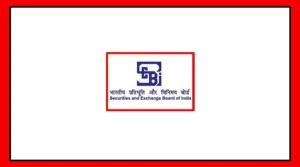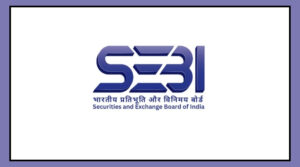Have you ever been shopping online and ended up buying something extra because of a “limited-time offer” or a ticking countdown timer?
Have you ever noticed that extra money was deducted because a checkbox was already ticked without your permission? If yes, then you’ve been a victim of what is known as a “dark pattern.”
These silent tricks are becoming more common in our digital lives, and now, the Indian government is preparing to take strict action against them.
What Are Dark Patterns?
Dark patterns are sneaky tricks used in website or app design to mislead users into taking actions they may not want to.
These actions might include spending more money, signing up for a service, or sharing personal data — often without realizing it.
Some common examples include:
Pre-selected checkboxes during checkout
Fake countdown timers to create false urgency
Hidden charges shown only at the final stage
Pop-ups that make it hard to say “no”
Guilt-inducing language like “Are you sure you want to miss out?”
Subscription traps, where cancelling a service is difficult
Confusing wording or colors that hide the actual choice
Government’s New Steps Against Dark Patterns
On May 28, the Consumer Affairs Ministry held a high-level meeting with major digital and e-commerce platforms like Amazon, Flipkart, Zomato, Swiggy, Paytm, WhatsApp, Apple, Ola, MakeMyTrip, Meesho, and Reliance Retail.
Consumer Affairs Minister Prahlad Joshi asked these companies to:
Identify and remove dark patterns from their platforms
Follow the dark pattern rules strictly
Conduct internal audits and make the results public
The Ministry also proposed a Joint Working Group to monitor these practices going forward.
Why Is the Government So Concerned?
Dark patterns violate digital freedom and consumer trust, especially when more people are relying on online shopping for everyday needs.
In November 2023, the government officially declared 13 dark pattern techniques as “unfair trade practices” under the Consumer Protection Act, 2019.
These include:
Drip pricing – showing extra charges at the end
Fake urgency – like false timers or “limited stock” messages
Bait and switch – showing one thing but giving something else
Confirmation shaming – guilt-tripping users
Subscription traps – difficult cancellation processes
Hidden options or misleading layout
Ads disguised as content
Repeated pop-ups
Auto-added products during checkout
Scam-like pop-ups pretending to be real alerts
Such practices are now punishable by law with up to ₹20 lakh in fines or six months in jail.
What Has Been Done So Far?
In June 2023, the Advertising Standards Council of India (ASCI) issued voluntary guidelines for deceptive UI and advertising.
In November 2023, the Consumer Affairs Ministry officially banned 13 dark patterns as illegal under the law.
In August 2024, ASCI released a detailed report showing how common these tricks have become.
Following this, the government launched digital tools like:
Jagriti App
Jago Grahak Jago App
Jagriti Dashboard
These platforms help users identify dark patterns, file complaints, and get support.
What’s Next?
In the latest May 28 meeting, companies were told to take the strictest corrective actions so far. All platforms reportedly gave “in principle consent” to follow the government’s rules.
Minister Joshi also highlighted the issue of the “Advanced Tip” feature on apps like Ola, Uber, and Rapido, where customers are prompted to tip in advance, even before service is provided.
He said, “Tipping should be a token of appreciation after service, not a forced payment upfront.” These companies have been given some time to fix the issue.
























